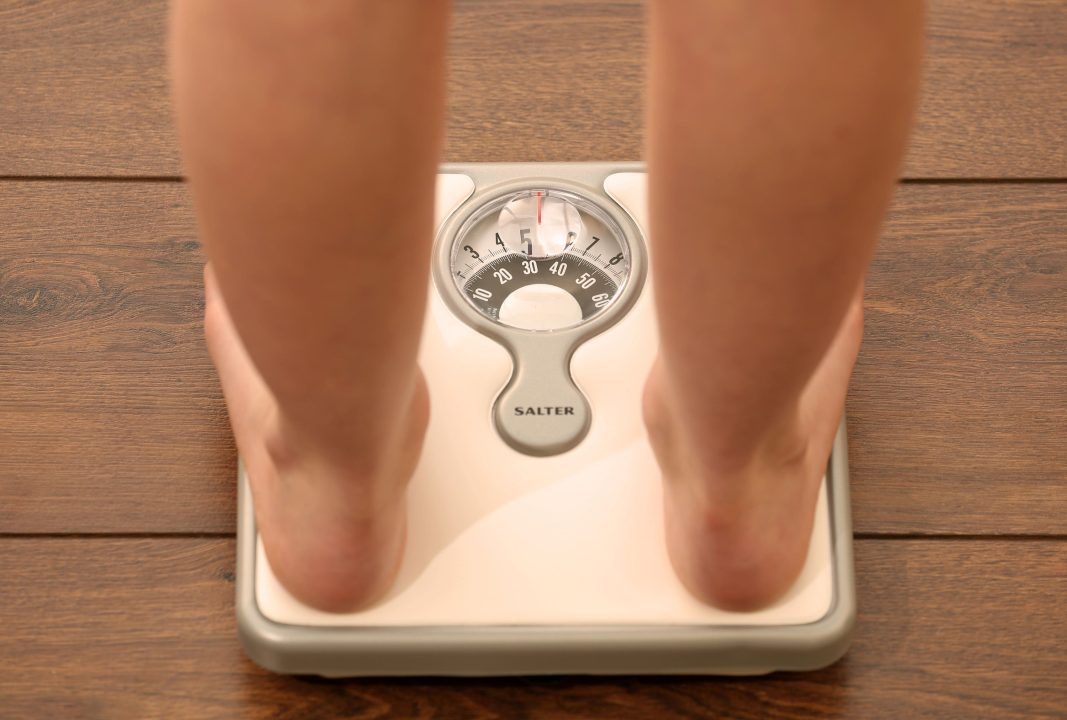Obesity in Scotland has reached record levels – with the rise coming at the same time as the number of people worried about running out of food also rose to its highest proportion.
The latest Scottish Health Survey for 2023 found almost a third of adults (32%) were living with obesity, up from 24% in 2003 to the highest level since the survey started.
It added that for 2022 and 2023 combined just under two-thirds of Scots (64%) were at increased health risk based on both their body mass index (BMI) and waist circumference.
Obesity is linked to a range of health problems, including type 2 diabetes, cardiovascular disease hypertension, asthma and high cholesterol, with research also having shown that more than one in 20 adult cancer cases in the UK are linked to excess weight, making obesity possibly the second largest preventable cause of cancer.
Scotland’s top doctor, chief medical officer Professor Sir Gregor Smith, said while the research had found a “continued decline” in the number of Scots drinking to harmful or hazardous levels, there was a “significant increase in levels of food insecurity, the highest levels of obesity recorded and a continued rise in vaping, particularly amongst younger adults”.
He said the “results presented in this report provide a crucial picture of health and wellbeing in Scotland, and how this has changed over the past two decades”.
The 2023 survey also showed 14% of adults reported food security concerns, with worries over not having enough to eat.
This was up from 9% in 2021 to the highest level since data on this was first recorded in 2017.
According to the data, younger people were more likely to have suffered from food insecurity than older Scots, with 20% of those aged 16-44 having worried about running out of food compared with 5% of those aged 65 and over.
Meanwhile, the 2023 survey found 6% of people ran out of food in the last 12 months because of a lack of money – with this up from 3% in 2021.
Again, the problem was worst among the 16 to 44 age group, with 8% reporting having run out of food, compared to 2% of over-65s.
While the proportion of people smoking remained static at 15%, there was an increase in use of e-cigarettes or vapes.
A total of 12% of adults used these in 2023, up from 10% the previous year – but use increased to almost a quarter (22%) among those aged 16 to 24.
Elsewhere, the survey found the number of Scots drinking alcohol at harmful levels fell to 20% in 2023 – down from 34% in 2003.
Overall, the research found almost three-quarters (72%) of adults were in either “good” or “very good” health – although the report noted this was at “the lower end of the range” of 70% to 77% that has been recorded for this since 2008.
Almost two-fifths of adults reported having a limiting, long-term health condition – with this impacting 43% of females and 32% of males in 2023.
Public health minister Jenni Minto said: “This report underlines that obesity remains a significant and complex public health challenge.
“This financial year we have provided core funding of £8.25 million to health boards to deliver weight management services in line with the national standards and our type 2 diabetes prevention framework.
“This is in addition to funding provided to boards for reduction of obesity and type 2 diabetes risk through effective prevention and weight management interventions.”
The minister continued: “We recognise the pressure on household budgets, which is why we allocate around £3 billion a year to policies which tackle poverty and support people through the cost-of-living crisis.
“But more needs to be done, which is why we are calling on the UK Government to deliver an essentials guarantee, which the Joseph Rowntree Foundation estimate could lift 140,000 people in Scotland out of poverty this year.
“We are committed to doing everything in our power to reduce and tackle youth vaping. The newly reintroduced Tobacco and Vapes Bill bans vapes from being deliberately promoted and advertised to children to stop the next generation from becoming hooked on nicotine.”
But Labour health spokesperson Dame Jackie Baillie said: “With a record proportion of Scots living with obesity, we can’t afford a business-as-usual approach to public health.”
Dame Jackie called on ministers to “adopt a targeted and proactive approach to reach everyone from those in deprived areas and young people struggling disproportionately with loneliness and mental health challenges to women suffering from long-term conditions”.
She added: “The surge in younger Scots using e-cigarettes should ring alarm bells – Labour is committed to banning single-use vapes and the marketing of vapes and junk food towards children.
“And, at a time when a record proportion of Scots are worried about running out of food, we need to ensure that healthy eating is affordable to all.”
Follow STV News on WhatsApp
Scan the QR code on your mobile device for all the latest news from around the country




























